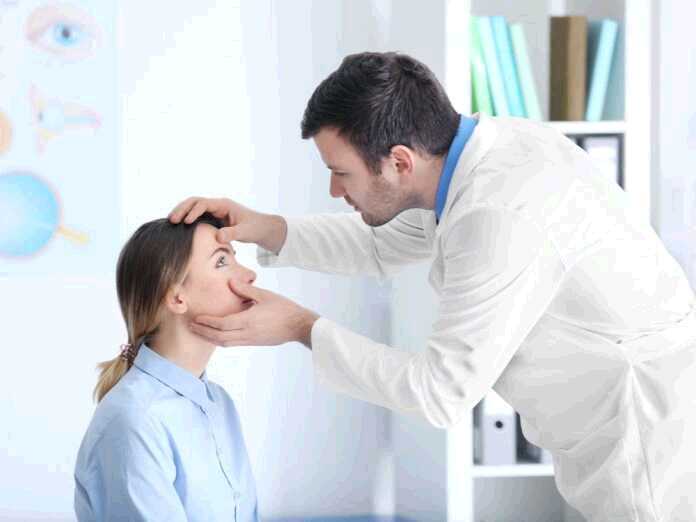
Infections caused by the herpes simplex virus type 1 (HSV-1) are very common. As a matter of fact, almost 90% of Americans have come in contact with this virus. When it activates, HSV-1 can also affect one of your eyes. In some severe cases, herpes can lead to blindness, too.
Herpetic Eye Disease
HSV-1 is the virus that causes cold sores around the mouth. It can also sometimes spread to your eyes, resulting in keratitis. The most common symptoms of the disease include:
- Pain in one eye
- Redness of the affected eye
- Tearing
- Sensitivity to bright lights
- Blurred vision
When it goes for your eye, this virus attacks the cornea. Based on how severe the infection is, there are two types of herpetic eye disease. There’s epithelial keratitis, which affects only the surface area of the cornea. But there’s also stromal keratitis, where the virus goes deeper inside the cornea. If it goes untreated, this second type of eye herpes can lead to blindness.
Treatment Options
The treatment of both types of herpetic eye disease includes oral antiviral medication. With stromal keratitis, the condition can result in swelling of the cornea. As such, patients must also use steroid-based eye drops to reduce the swelling.
In more intense cases, the stromal keratitis-type eye herpes can lead to blindness. The loss of vision may be temporary, which will depend on the degree of corneal scarring. If the cornea can’t heal, a corneal transplant can help restore the patient’s vision.
Final Word
As with all types of herpes, even when the inflammation goes away, the virus still remains in your body. The resulting eye disease can thus reoccur at any time. In fact, for one in five people the disease can come back within a year. If you get eye herpes more than twice, you may have to take antiviral pills on a regular basis.
To avoid any complications, go to your doctor as soon as you notice the first symptoms of eye herpes. The sooner you start treatment, the better your chances of complete recovery.






























